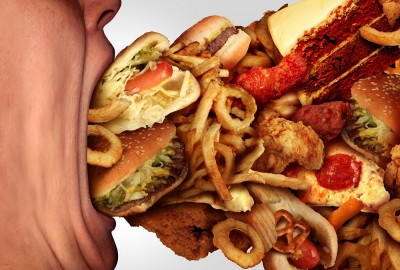
Binge eating disorder (BED) is a type of feeding and eating disorder that’s now recognized as an official diagnosis. It affects almost 2% of people worldwide and can cause additional health issues linked to diet, such as high cholesterol levels and diabetes.
BED was first explained in 1959 by Albert Stunkard, a psychiatrist, and researcher, as Night Eating Syndrome (NES). The term Binge Eating Disorder was created to define similar binge eating behavior without the nocturnal aspect.
Though BED can occur in men and women of normal weight, it often leads to the development of unwanted weight gain or obesity, which can indirectly reinforce further compulsive eating.
Men and women suffering from BED struggle with emotions of disgust and guilt and often have a related co-morbidity, such as depression or anxiety.
Professional support and treatment from health professionals specializing in the treatment of binge eating disorders, including psychiatrists, nutritionists, and therapists, can be the most effective way to address BED.
Such a treatment program would address the underlying issues associated with destructive eating habits, focusing on the central cause of the problem.
It is necessary to concentrate on healing from the emotional triggers that may be causing binge eating, having proper guidance in establishing healthier coping mechanisms to deal with stress, depression, anxiety, etc.
Picture Credit : Google
